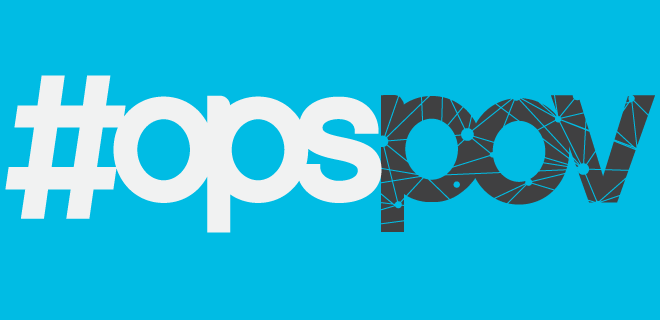
While programmatic spend continues its exponential growth, buyers are still squawking about fraudulent impressions, viewability, brand-safety concerns, and especially overall opaque business practices like bid caching that have seriously eroded trust.
Well, it looks like six major ad exchanges — OpenX, PubMatic, Rubicon Project, Sovrn, SpotX and Telaria — have heard the qualms and are making significant moves to calm things down. In a recent open letter to the industry, “Principles for a Better Programmatic Marketplace,” the ad exchanges promise for starters:
- fee transparency;
- clear auction rules (1st vs. 2nd-party auctions);
- the banishment of hidden auction machinations;
- and filtering out of invalid traffic.
But one of the boldest moves is opening up the entire supply chain to audit, including requests, winning bids, and clicks. This inclusion is timely given the FBI recently stepped up a probe into media buying practices, especially agency rebates.
Further recommendations made by the six exchanges, such as 100% of ad creatives being scanned for malware and quality issues will come across awkwardly on the seller side, especially when a company named Amobi (definitely not Amobee), recently fed its malware through PubMatic and OpenX’s programmatic pipes.
The sincere six are partnering with TAG (Trustworthy Accountability Group) to develop a new measurement and certification process, but notably missing from the statement are Google, AppNexus and Index Exchange. In the principles, there’s a call for “No Biased Auction Mechanics,” which would include restricting bid caching as a practice. Following a major blowup this past summer, Index Exchange paused its own bid-caching practices in response to buyer’s concerns.
While it makes many promises that feel like a move in the right direction toward a fair and open marketplace, the letter tends to put the burden on the backs of the buy side. And overall, it just may not be enough to satisfy their transparency demands. The buy side has been known to make a ruckus about publisher’s tactics, like dynamic floors for instance.
So maybe the letter may appease some buyers for now, but tomorrow is another day.